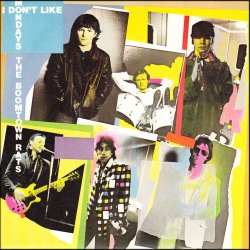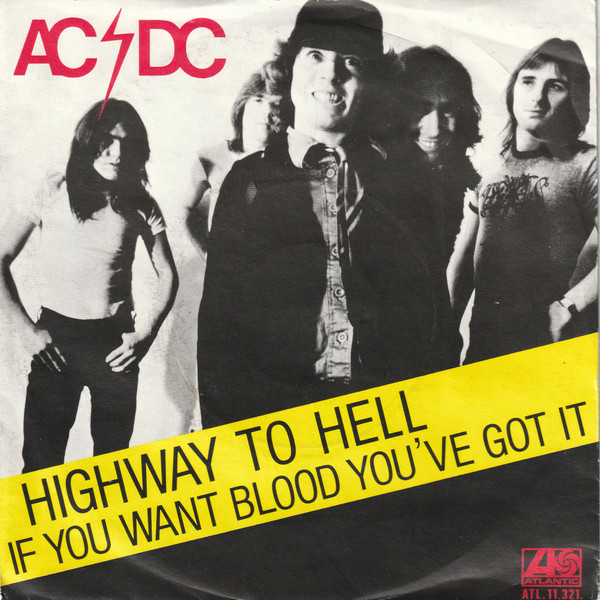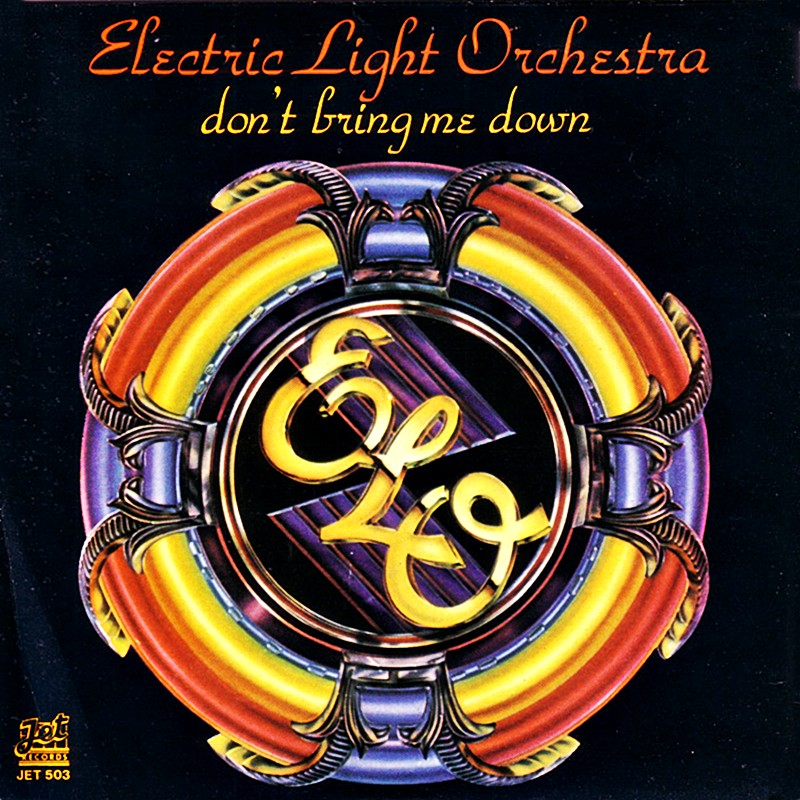 | I Don’t Like MondaysThe Boomtown Rats |
Writer(s): Bob Geldof, Johnnie Fingers (see lyrics here) Released: July 13, 1979 First Charted: July 21, 1979 Peak: 73 US, 84 CB, 70 HR, 4 CL, 1 CO, 14 UK, 4 CN, 12 AU, 1 DF (Click for codes to charts.) Sales (in millions): -- US, 0.86 UK Airplay/Streaming (in millions): -- radio, 10.44 video, 68.09 streaming |
Awards:Click on award for more details. |
About the Song:The Boomtown Rats formed in Dublin, Ireland in 1975. The new wave band released its self-titled debut in 1977. It was followed by three top-10 albums, including 1979’s The Fine Art of Surfacing, which included the single “I Don’t Like Mondays.” The band didn’t earn near as much of a following in the United States where Surfacing was their highest charting album at #73. From a singles’ standpoint, “I Don’t Like Mondays” was the second #1 for the Boomtown Rats in the UK, following 1978’s “Rat Trap.” That song “represented something of a departure from their normal fast and frantic punk output, and was an indication of a shift towards more structured and textured songs for the future.” HL “Mondays” was “driven by sturdy piano chords pitched somewhere between David Bowie’s early-1970s output and something from a stage musical.” TB The song hit #1 in 32 countries, SF but stalled at #73 in the United States, just like its parent album. The piano ballad was written by singer Bob Geldof and keyboardist Johnnie Fingers. The pair were doing a radio interview at Georgia State University’s campus radio station, WRAS, on Jaunary 29, 1979. There was a telex machine beside Geldof and a report came in that 16-year-old Brenda Ann Spencer opened fire on the children on the playground at Grover Cleveland Elementary in San Diego, California, with a rifle her father gave her for Christmas. She killed the principal and a custodian and injured eight children and a police officer. When asked on the phone by a reporter why she did it, she said, “I just did it for the fun of it. I just don’t like Mondays.” SF Geldof said, “It was the perfect senseless act and this was the perfect senseless reason for doing it. So perhaps I wrote the perfect senseless song to illustrate it.” DT Spencer’s family tried to prevent the song’s release in the United States for fear that it would bias people regarding her impending court case. HL While unsuccessful, their efforts did leave radio stations leary of playing the song for fear of getting sued. KL Geldof later said he regretted writing the song because it made her famous. WK It won Ivor Novello Awards in the UK for Best Pop Song and Outstanding British Lyric. Resources:
First posted 10/1/2022; last updated 4/13/2023. |












